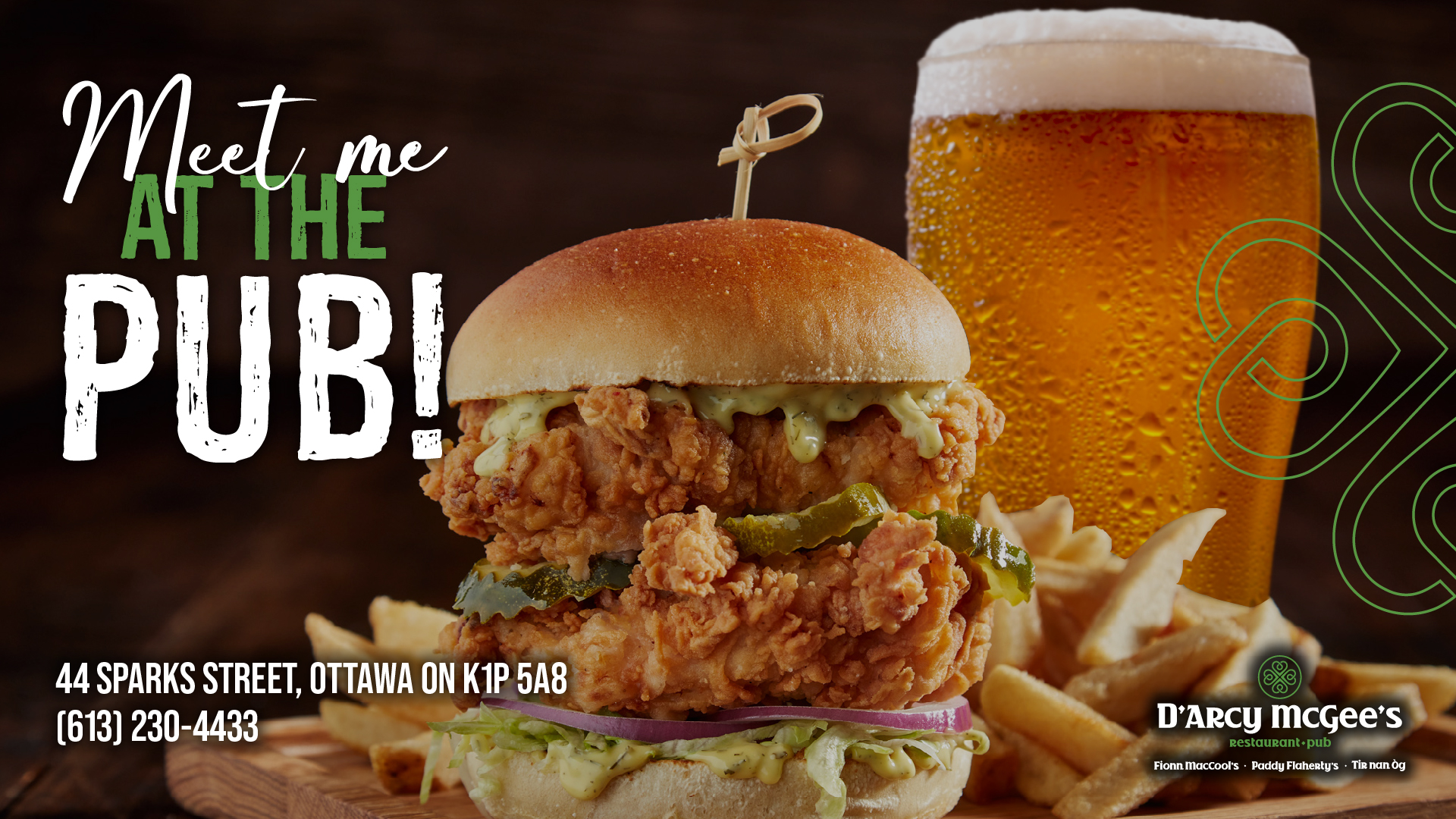Published on July 9, 2024
Organizing an event is a significant investment of time, resources, and effort.
Whether it’s a corporate conference, a charity event, a wedding, gala, or a trade show, one of the key indicators of its success is the number of attendees. High attendance not only enhances the atmosphere but also boosts networking opportunities, satisfaction, and return on investment. Here are some effective strategies to help you maximize attendance at your next event.
Expert Insights
We took this topic to the experts: Aaron McFarlane of RandaVoo Events and Ajeena Alias an Event Services Managers at Shaw Centre. We asked for their thoughts and opinions, and now we’re here to share these experts’ top tips!


Ajeena Alias, an Event Services Manager at the Shaw Centre, highlights the significance of clear registration processes and strategic marketing. “Keep your registration short and to the point. Make necessary questions mandatory and don’t ask too many unnecessary questions. Depending on your demographic, having an offline option can be helpful as well.”
Understand Your Audience
Before diving into promotion, it’s crucial to understand who your audience is and what they want. Conduct surveys or use insights from past events to determine your target demographics, their preferences, and what motivates them to attend events. Tailoring your event to meet these needs can significantly increase interest and attendance. Aaron notes, “With a thorough understanding of your particular industry event ecosystem and your customers’ needs, you can build an event that aligns well with your desired clientele and brings value to the overall industry.”
Create Compelling Content
Content is king when it comes to attracting attendees. Ensure that your event offers valuable content that appeals to your target audience. This could include keynote speakers, panel discussions, workshops, and networking opportunities. Highlight what makes your event unique and worth attending. Use catchy headlines, detailed descriptions, and engaging visuals to showcase the event’s value proposition.
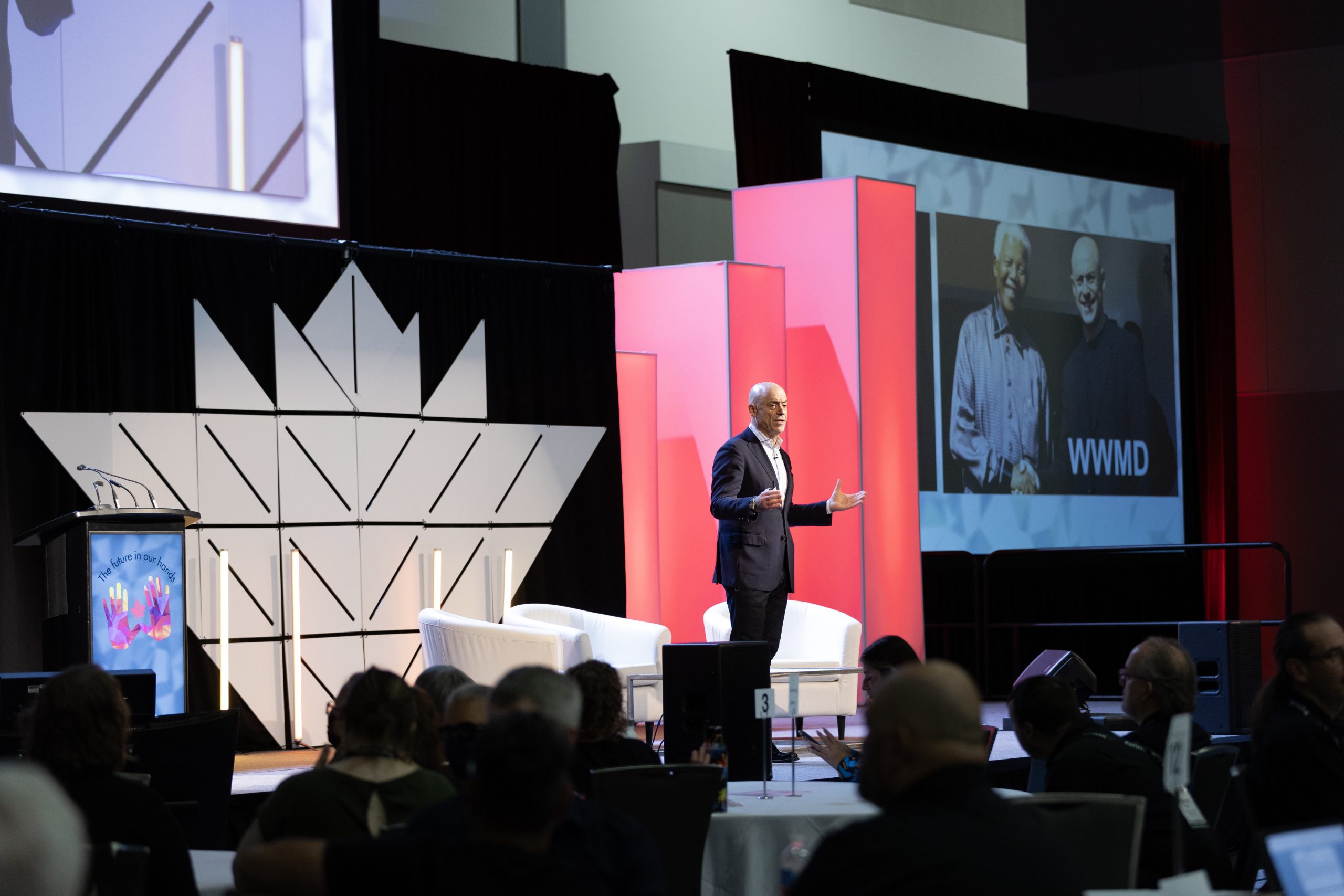
Leverage Social Media
Social media is a powerful tool for promoting events. Create a comprehensive social media strategy that includes regular updates, engaging content, and interactive posts. Utilize platforms like Facebook, LinkedIn, Twitter, and Instagram to reach a broader audience. Here are some tips for using social media effectively:
Create an Event Page: Use platforms like Facebook and LinkedIn to create an event page where people can RSVP and receive updates.
Use Hashtags: Develop a unique hashtag for your event and encourage attendees to use it. This helps in tracking conversations and increasing visibility.
Engage with Influencers: Partner with industry influencers to promote your event. Their endorsement can lend credibility and reach a wider audience.
Run Contests and Giveaways: Create excitement by running contests or giveaways. This not only boosts engagement but also encourages more people to attend.

Send Reminders
Aaron suggests utilizing a registration system alongside an email marketing platform to follow up with attendees multiple times before the event. These reminders can be sent via email, mail, or phone calls. Courtesy nudges during the pre-event promotion cycle are crucial in keeping your audience engaged and informed. While some no-shows are inevitable due to weather, health, and unforeseen circumstances, sending regular reminders can significantly reduce their number, ensuring higher attendance on the day of the event.
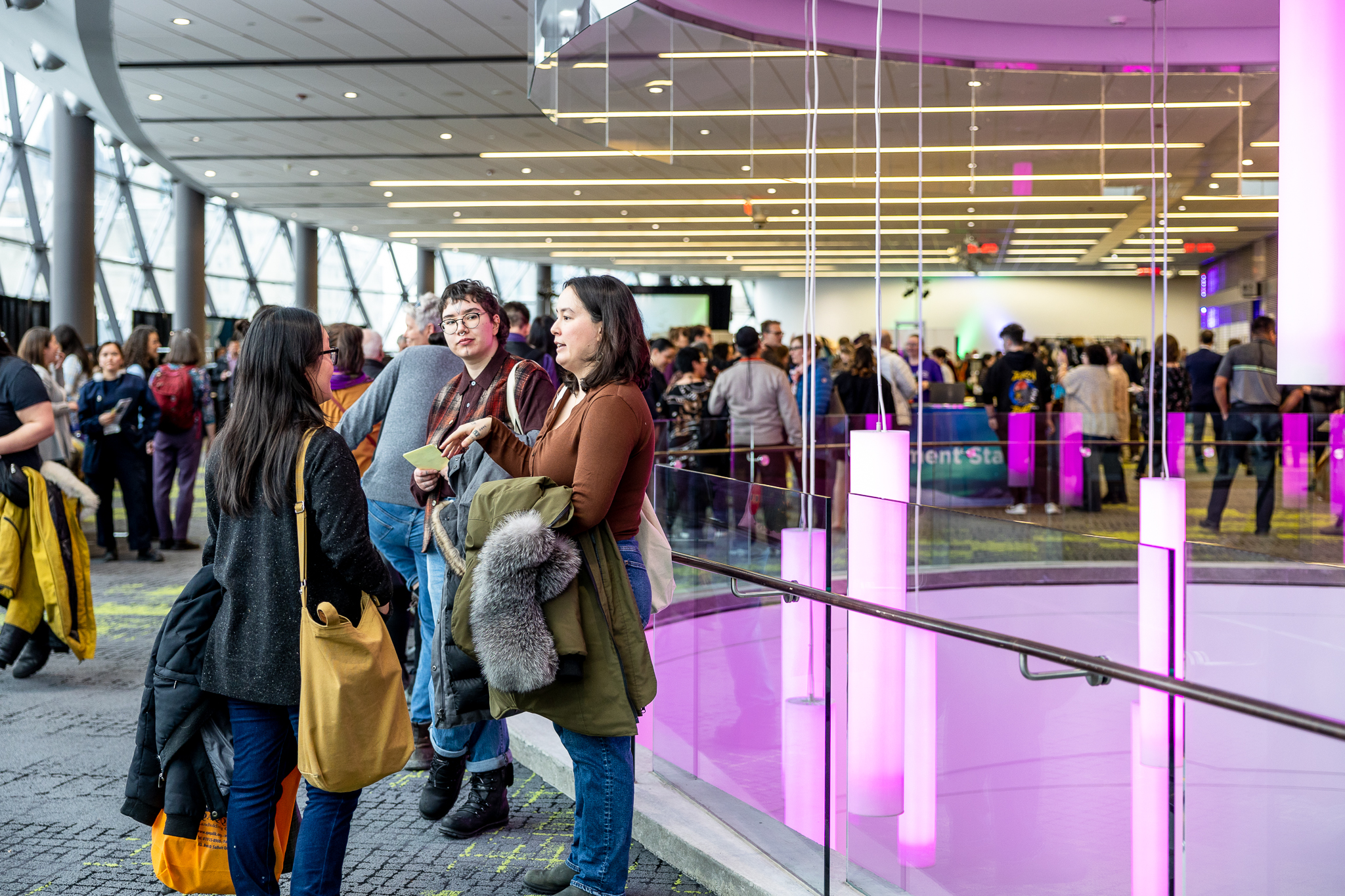
Offer Early Bird Discounts and Incentives
Incentivize early registration by offering discounts or special perks to those who sign up early. This not only boosts initial attendance numbers but also contributes to more strategic event planning. Consider offering:
Discounted Ticket Prices: Provide lower prices for early registrations.
Exclusive Content: Offer early registrants access to exclusive content, such as VIP sessions or special networking events.
Group Discounts: Encourage attendees to bring colleagues or friends by offering group discounts.

Optimize Your Event Website
Your event website is often the first point of contact for potential attendees. Ensure that it is user-friendly, visually appealing, and mobile friendly. Key elements to include are:
Clear Event Details: Provide all necessary information, including date, time, location, agenda, and speakers.
Easy Registration Process: Make the registration process as simple and quick as possible.
Engaging Visuals and Videos: Use images and videos to create excitement and give a glimpse of what attendees can expect. If your budget permits hire a videographer at your event and use that footage to promote your next one.
SEO Optimization: Optimize your website for search engines to increase visibility.
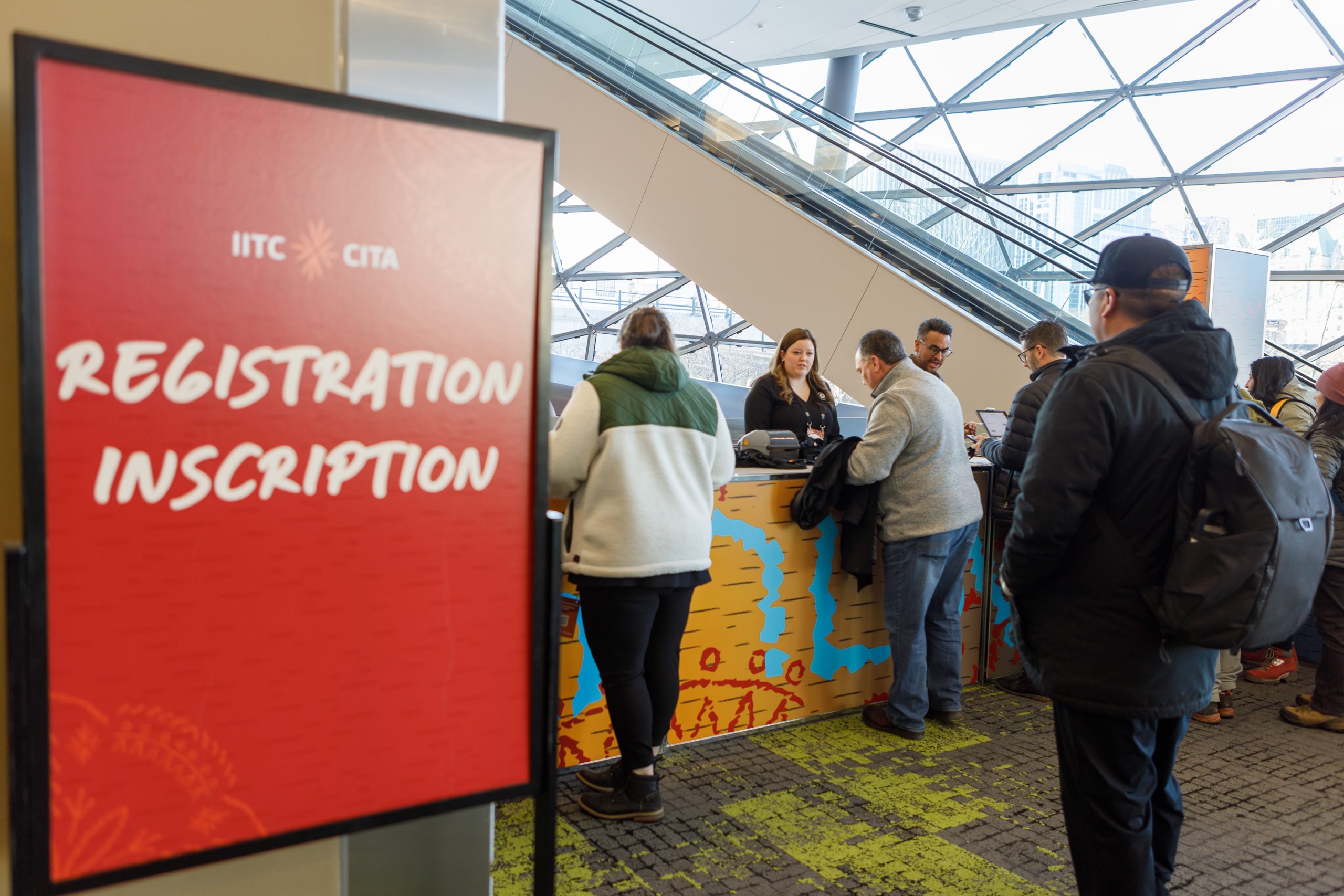
Utilize Traditional Marketing Methods
While digital marketing is essential, don’t overlook traditional methods. Depending on your audience and event type, strategies like print advertising, direct mail, and word-of-mouth can still be highly effective. Consider:
Flyers and Posters: Distribute these in high-traffic areas where your target audience frequents.
Press Releases: Send press releases to local media to generate buzz.
Networking: Leverage your personal and professional networks to spread the word.
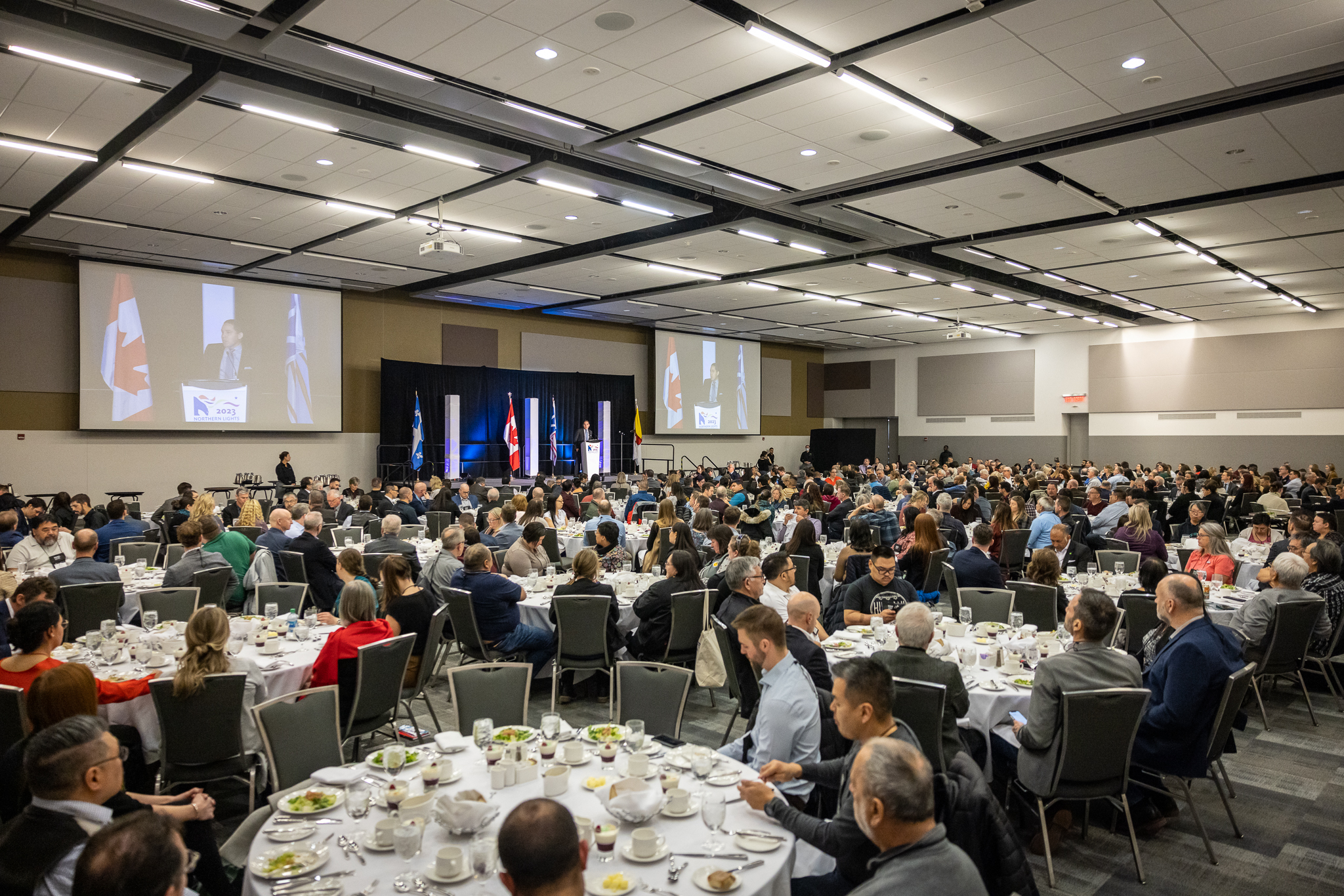
Follow Up and Build Relationships
After the event, follow up with attendees to thank them for coming and gather feedback. This not only helps in improving future events but also builds a relationship with your audience, increasing the likelihood of them attending future events.
By implementing these strategies and insights, you can significantly boost attendance at your next event, ensuring its success and making a lasting impression on your attendees




